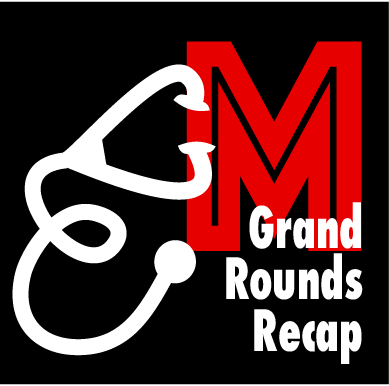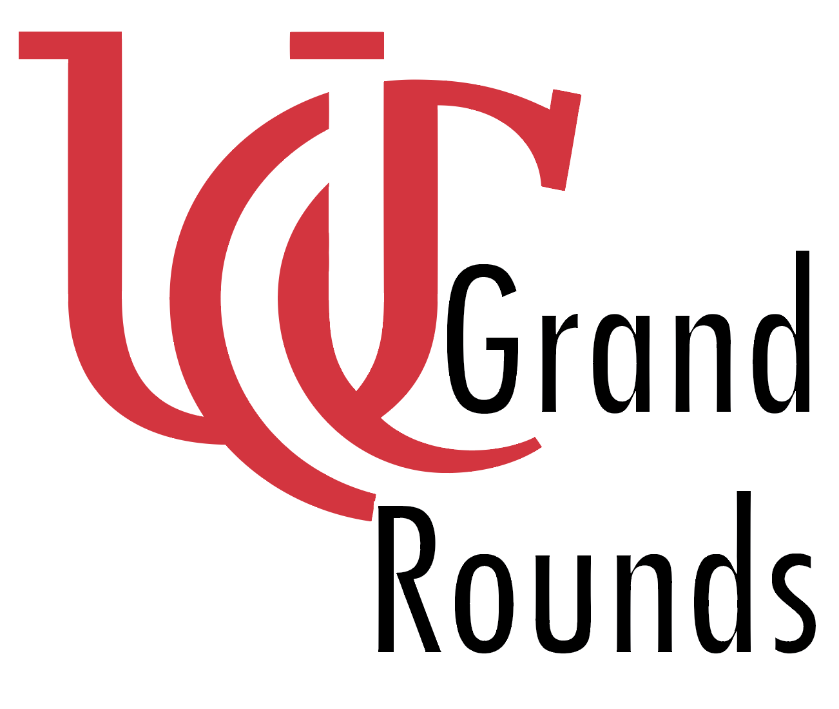Grand rounds this week started off with a review of the EMTALA law with Dr. Hinckley, as well as some case discussion. This was followed by a presentation from our clinical pharmacists, PharmD's Nicole Harger and Madeline Stephens, on anti-epileptic medications and their uses, as well as an update on our medication supplies in the ED. Drs. Murphy-Crews and Scanlon then presented their evidenced based algorithm for the management of STEMI, followed by our combined peds EM lecture with Dr. Kevin Overmann on the evaluation of the pale child and pediatric anemia. This was followed by Dr. Ludmer's R4 case follow up/best of residency cases. The day finished up with Dr. Sim Mand presenting her clinical diagnostics lecture on the assessment and management of the non-pregnant patient with abnormal uterine bleeding.
Read More








